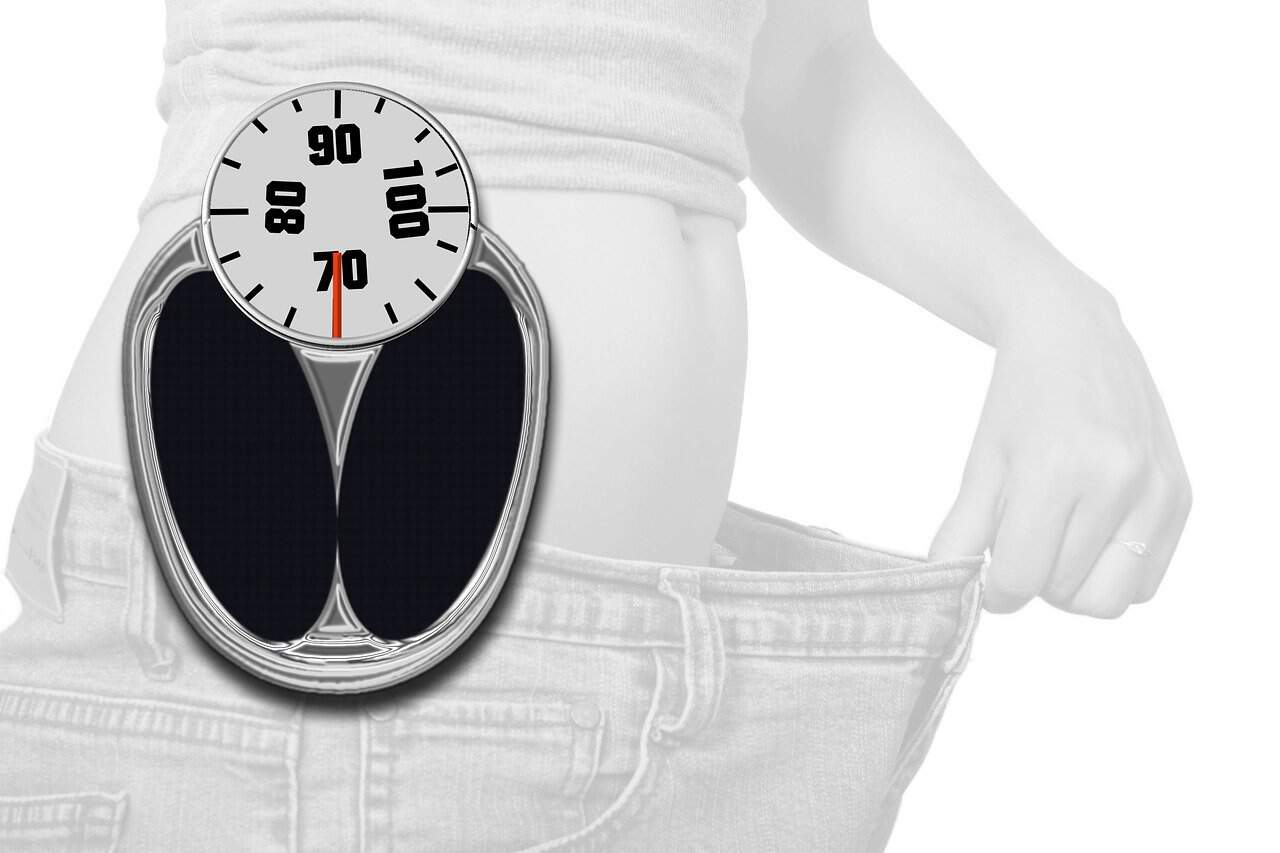Belly Fat Weight Loss: Your Comprehensive Guide to a Healthier You
Estimated Reading Time: 8 minutes
- Understanding the impact of belly fat
- Key strategies for belly fat weight loss
- Practical takeaways for belly fat reduction
- Conclusion and call to action
Table of Contents
- Understanding the Impact of Belly Fat
- Key Strategies for Belly Fat Weight Loss
- Practical Takeaways for Belly Fat Reduction
- Conclusion
- FAQ
Understanding the Impact of Belly Fat
Before diving into the specific strategies for belly fat weight loss, it is essential to understand why reducing belly fat is crucial.
Risks of Belly Fat
- Health Implications: High levels of visceral fat are associated with serious health risks, including heart disease and type 2 diabetes. According to Johns Hopkins Medicine, managing belly fat is not just about aesthetics; it’s about improving your overall health.
- Biological Limitations: The concept of spot reduction—losing fat in a specific area through targeted exercises—is a myth. Effective strategies for belly fat reduction focus on systemic weight loss, improving hormonal regulation, metabolic efficiency, and sustainable lifestyle changes (WebMD).
Key Strategies for Belly Fat Weight Loss
Let’s break down the most effective approaches to achieving your belly fat weight loss goals.
Dietary Approaches
- Carbohydrate Management: Research indicates that low-carb diets tend to outperform low-fat diets for abdominal fat loss. Studies have shown an average weight loss of about 10 lbs over six months when switching to a low-carb regimen (Johns Hopkins Medicine). Here are some dietary tips:
- Focus on Whole Grains: Whole grains reduce the risk of abdominal obesity by 17% (Healthline).
- Increase Soluble Fiber: Aim for 10 grams or more of soluble fiber per day, which has proven beneficial in reducing visceral fat (WebMD).
- Adopt a Vegetable-Forward Approach: Start meals with non-starchy vegetables to enhance feelings of fullness, subsequently leading to reduced overall calorie intake (Rush University).
- Mediterranean Diet: Emphasizing healthy fats and high-quality proteins is vital. Studies have shown that the Mediterranean diet, which includes olive oil, nuts, fish, and a variety of fruits and vegetables, is particularly effective in reducing visceral fat (Rush University).
Exercise Protocols
Exercise is a cornerstone of any successful weight loss strategy:
| Activity Type | Benefits | Evidence Source |
|---|---|---|
| Aerobic Exercise | The most effective method for burning visceral fat. | British Heart Foundation |
| Resistance Training | Helps maintain lean muscle mass during weight loss. | Johns Hopkins Medicine |
| Moderate Intensity Exercise | Engaging in activities for 30+ minutes three times a week can prevent fat accumulation. | WebMD |
Specific Recommendations:
- Walking: Engaging in daily brisk walks can significantly boost metabolism and enhance fat loss (Rush University).
- Vigorous Training: Activities such as cycling or rowing are effective for reducing visceral fat, as they can lead to greater calorie expenditure (WebMD).
- Avoid Overtraining: Excessive exercise can lead to increased cortisol levels, which may actually promote belly fat accumulation (Rush University).
Behavioral & Lifestyle Factors
Sustaining weight loss requires more than just diet and exercise; lifestyle changes are equally important:
- Optimizing Sleep: Inadequate sleep is linked to increased abdominal fat. Aim for 7-9 hours of quality sleep per night (WebMD).
- Stress Management: High levels of stress can elevate cortisol, leading to increased fat storage in the abdominal area. Incorporating mindfulness and stress-reducing techniques can be beneficial (WebMD).
- Alcohol Consumption: Limiting alcohol intake can help reduce empty calories and liver fat accumulation, thereby aiding weight loss efforts (Healthline).
Emerging Considerations
- Apple Cider Vinegar: While there are promising findings regarding its effects on weight loss, research is still limited, particularly in humans (Rush University).
- Meal Timing: Prioritizing vegetables at the start of your meals may enhance adherence to dietary goals (Rush University).
- Avoiding Processed Foods: Processed foods are linked to higher fat storage due to their inflammatory properties, making their avoidance critical for belly fat management (Johns Hopkins Medicine, WebMD).
Practical Takeaways for Belly Fat Reduction
- Create a Balanced Diet: Incorporate whole grains, lean proteins, healthy fats, and plenty of fruits and vegetables into your meals.
- Stay Active: Aim for a mix of aerobic and strength-training exercises each week.
- Cultivate Healthy Habits: Manage stress, prioritize sleep, and practice moderation when it comes to alcohol and processed foods.
Conclusion
Belly fat weight loss involves a comprehensive approach that combines diet, exercise, and lifestyle changes. By employing evidence-based techniques, you can significantly reduce your abdominal fat while enhancing your overall health.
If you’re looking to dive deeper into personalized weight loss strategies, explore more of our resources at Lose That Weight, where we offer guidance tailored to your unique journey.
FAQ
- What is visceral fat? Visceral fat is a type of fat that surrounds internal organs, which can increase health risks.
- Can I lose belly fat quickly? Healthy weight loss takes time. Aim for sustainable changes rather than quick fixes.
- Is exercise necessary for losing belly fat? Yes, combining diet and exercise is crucial for effectively losing belly fat.
- Are there any foods that specifically target belly fat? Whole grains, lean proteins, and vegetables are beneficial for overall fat loss.
- Should I consult a doctor before starting a weight loss program? Yes, it is advisable to consult with a healthcare professional before making significant lifestyle changes.
